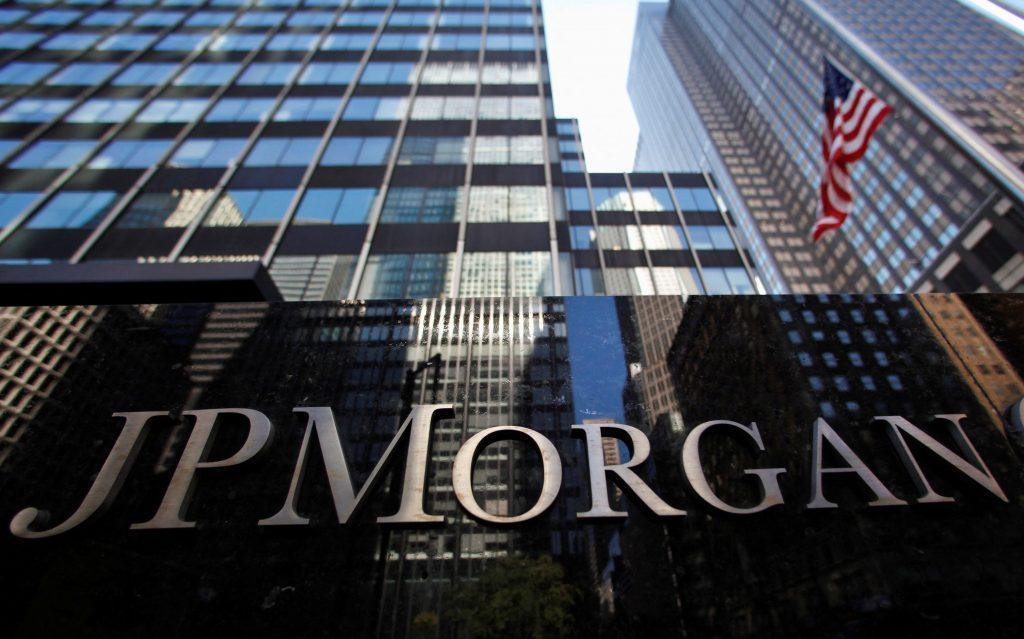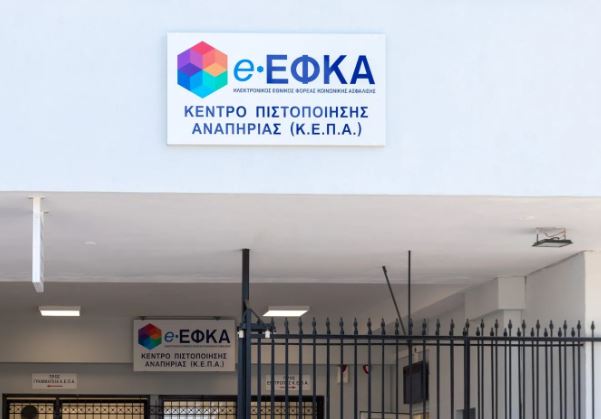Greek banks are expected to shoulder a total burden of €100 million due to the new budget measures announced by Prime Minister Kyriakos Mitsotakis, which aim to reduce fees for specific banking transactions. The move will offer significant benefits to consumers, and banks say the measure won’t significantly alter their profitability outlook, according to a report at OT.gr.
Manageable Loss for Greek Banks
Bank executives are awaiting further details on the announced measures regarding fees for bill payments and remittances to assess the impact on their revenue. Although revenue from core transactions will decrease, banks anticipate offsetting these losses through increased activity in loans, investment products, and insurance programs in the coming year.
Currently, 15-20% of non-interest net income is derived from transactions like those targeted by the legislation. The anticipated impact across the banking system is estimated at approximately €100 million.
Consumer Benefits
Consumers are expected to see lower fees for remittances, bill payment, ATM cash withdrawals, charges at small businesses, prepaid card top-ups and bank subscription fees.
For Remittances, transfers up to €5,000 between banks currently cost €1-1.40 for the sender and €3-4 for the recipient. From next year, fees will be capped at €0.50 for both sender and recipient, reducing total costs from €4-5.40 to €1. Additionally, the cost of instant transfers (currently €3.90-5.50) will also drop to €1.
No fees will be charged for payments of bills or dues to the public sector, utilities, municipalities, or insurance companies via digital banking platforms. Currently, these fees can reach up to €0.60 per transaction.
Withdrawals from ATMs of other banks in remote or island areas will remain free if the consumer cannot access their bank’s network. Nationwide, balance inquiries at ATMs of other banks (currently costing around €0.20) will also be free.
The threshold for reduced transaction fees (50% lower) will rise from €10 to €20 for small businesses.
Fees for loading prepaid cards with amounts up to €100 (currently €1) will be eliminated.
Subscription packages offered by Greek banks, which bundle transaction services for a monthly fee of €1-10, will become obsolete under the new measures. Consumers will now pay lower per-transaction fees or none at all.
For instance, Alpha Bank and Eurobank’s €2/month packages, which include fee waivers for remittances and bill payments, will no longer offer significant savings. Similarly, Piraeus Bank’s €5/year package, which allows up to 100 free bill payments, will be redundant since these transactions will soon be free for all.











![Συντάξεις: Πώς διαμορφώνονται με την αύξηση από 1.1.2026 [παραδείγματα]](https://www.ot.gr/wp-content/uploads/2025/05/syntaxi-1.jpg)



























